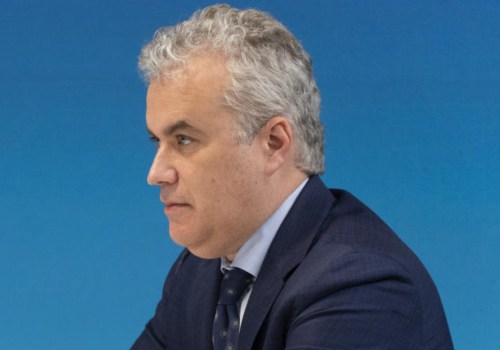The role of chief of staff is essential for organizations to be productive and make wise decisions. To be successful in this type of function, it is important to understand the content and functioning of the organization, develop a system to stay organized, and build strong relationships with teammates. In addition, the chief of staff must have emotional intelligence, leadership, information processing and initiative skills. The State of the Chief of Staff in Technology (202) report provides more information on this role.
Chiefs of staff often act as facilitators between different teams, ensuring that all parties communicate and work to achieve the same objectives. They own the organization's most important meetings, preparing agendas and taking notes for weekly executive meetings, helping prepare the executive director for board meetings, and even preparing topics and speeches for talks. Chiefs of staff also act as “air traffic controllers” for an executive, managing their time and energy. The role of a chief of staff is multifaceted and requires a great deal of experience leading people and projects.
To be successful in this position, it is important to have strong emotional intelligence, leadership skills, information processing abilities, and initiative. It is also essential to understand the content and functioning of the organization, develop a system to stay organized, and build strong relationships with teammates. Managing Emotions in Times of Uncertainty & Stress is a program developed by the Yale Center for Emotional Intelligence that provides participants with knowledge, skills and strategies to understand and manage their emotions and those of their students. With templates, you can be sure that the structure and format of your chief of staff resume are top notch.
As a chief of staff, you work with a lot of different people within an organization, from the cafeteria to the boardroom. Depending on the size of the organization, there may be some overlap, but a chief of staff exercises much more decision-making power than a typical EA. You will learn how organizational culture impacts human capital, how to effectively staff your team, leadership skills and how to manage employee motivation. A chief of staff deals with many of the organization's most difficult issues but rarely dwells on his accomplishments.
To be successful in this role requires an understanding of organizational dynamics as well as strong interpersonal skills. It is important to have an understanding of how different teams interact with each other in order to ensure that all parties communicate effectively and work towards achieving common objectives. Additionally, it is essential for chiefs of staff to have strong emotional intelligence so they can manage their own emotions as well as those of their team members during times of uncertainty or stress. Finally, chiefs of staff must have excellent leadership skills in order to motivate their team members and ensure that everyone is working towards achieving common goals.











